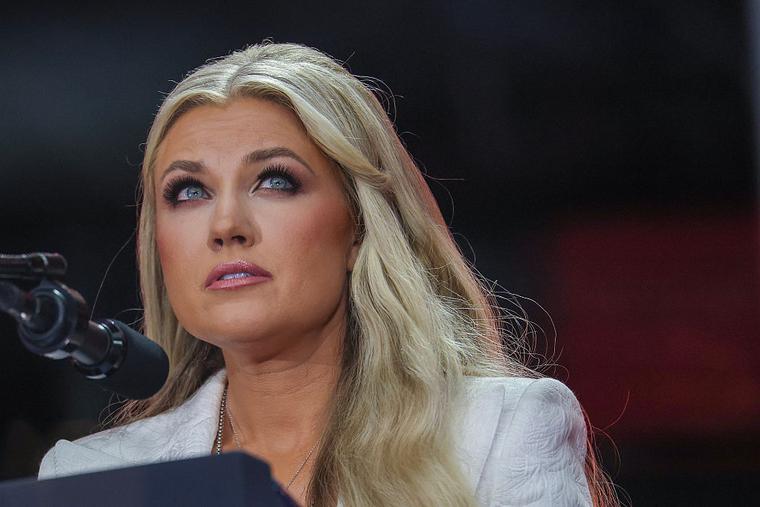
Part VIII – After the Defense
The night of my thesis defense, the applause still echoed in my ears, but it was Tatay’s face that lingered in my heart.
We sat at a small eatery outside the university gates, far from the polished halls where I had just earned my title. The air was thick with the smell of grilled pork and soy sauce, and the tables were greasy, but none of that mattered. Tatay ordered the cheapest dish—pancit canton with a fried egg—and insisted it was more than enough for us both.
He took off the borrowed suit jacket, folded it carefully on the chair, and sighed in relief. His shoes had left blisters on his feet, and I could see him wince as he stretched his toes. Still, he smiled, wide and proud, as if no pain could touch him that night.
—“Doctor ka na,” he whispered, almost as if the words were too big to say aloud. “Doctor. My child, a doctor.”
He said it with reverence, not for the title, but for the journey that brought us there.
I looked at him—his wrinkled skin, the soot still clinging to his nails despite his best attempt to scrub them clean, the tiredness etched into every line of his face—and I knew: no amount of degrees, no accolades, no honor could ever surpass the gift of having been loved so completely by this man.
That night, I did not feel like a scholar. I felt like a child again, held by the quiet strength of a father’s pride.
Part IX – Returning Home
When we returned to Nueva Ecija, the neighbors crowded our small house. News had traveled fast, and in our town, the idea of a child earning a doctorate was as rare as rain in April.
Aunts brought trays of pancit. Old neighbors brought bread. Children peeked from the window, their eyes wide with curiosity.
Tatay sat in the corner, lighting a cigarette he didn’t finish, as people came to congratulate him more than me.
—“Mang Ben, aba, ang galing ng anak mo!”
—“You must be so proud.”
—“Ikaw ang dahilan kaya siya nakatapos.”
He only smiled, nodding, never claiming anything, never boasting. His pride was quiet, contained, like water in a clay jar—humble yet life-giving.
That evening, he walked me to the fields where I once played as a child. The horizon stretched endlessly, the rice paddies reflecting the golden sunset.
—“Do you remember,” he asked, “when your bicycle broke here and I fixed it with nothing but wire?”
I nodded, tears stinging my eyes.
—“Now look. You rode much farther than I ever imagined.”
And I understood: he wasn’t talking about bicycles anymore. He was talking about life, about journeys, about dreams.
Part X – The Job Offer
Not long after, I was offered a teaching post at the university. It was a chance to give back, to shape young minds, to continue the legacy of knowledge. But it meant living in Manila permanently.
When I told my mother, she cried again—this time from fear of losing me to the city. But Tatay, though his eyes betrayed sadness, only placed a hand on my shoulder.
—“Go,” he said softly. “Your wings were not made to stay here. They were made to fly.”
He never chained me to the soil of our hometown, though I knew his heart longed for me to stay. He chose love over possession, freedom over control. That was the kind of father he was: the kind who would rather ache in silence than clip my wings.
Part XI – The Hidden Illness
As years passed, I buried myself in work. Teaching, writing, conferences abroad. Each success I earned, I wrote back to my family. Each award, I mailed a photo. Each paper I published, I dedicated to them.
But slowly, quietly, Tatay grew weaker.
When I visited one Christmas, I noticed the way he leaned heavier on the bamboo post by the veranda. His cough was rough, his appetite smaller. He hid it behind laughter, behind the familiar “I’m fine, don’t worry,” but a child knows when something is wrong.
One night, I found him sitting alone, his cigarette glowing faintly in the dark.
—“Tatay,” I said, “please see a doctor.”
He smiled and tapped his chest.
—“This heart is old, anak. But it is happy. Don’t waste your worry.”
I wanted to argue. I wanted to insist. But his tone was final, gentle yet immovable, like the earth itself.
Part XII – The Hospital Bed
It was two years later when the call came.
“Tatay collapsed at the site.”
I rushed home, every bus ride an eternity. When I entered the hospital, I saw him lying there—oxygen tubes, IV lines, machines beeping. My strong Tatay, the man who carried cement and steel, reduced to frailty before my eyes.
His eyes fluttered open, and when they landed on me, he smiled faintly.
—“Ah… Doctor,” he whispered, his voice cracked but teasing. “Doctor of books, not of bodies. Still, I’m glad you’re here.”
I held his hand, rough even in sickness, and whispered back:
—“Rest, Tatay. You’ve done enough. More than enough.”
Tears fell onto his blanket. He squeezed my hand, as if telling me not to cry, as if to say: I lived a full life because I raised you.
Part XIII – The Last Gift
Tatay never left that hospital.
On his final morning, he called for me. His voice was weak, but his eyes were clear.
—“Come closer, anak.”
I leaned in, trying to memorize every breath.
—“Do not cry too long when I am gone,” he said. “Build. Teach. Love. That is how you can repay me. Not with tears, but with the life you live.”
Then he added, almost as an afterthought:
—“You gave me something no money could buy. You made me proud. Always remember that.”
His hand slipped from mine, heavy and still. And in that moment, a part of me collapsed too.
Part XIV – After the Funeral
The funeral was simple, attended by neighbors, relatives, and fellow workers from the construction sites. They came not in polished shoes, but in worn slippers and muddy pants. Many carried stories:
—“Mang Ben gave me bread when I had nothing.”
—“He helped me carry my tools when I was weak.”
—“He never left anyone behind.”
I realized then: Tatay’s legacy was not written in grand books or marble statues. It was written in the lives of the people he touched, in small acts of kindness, in silent sacrifices no one saw.
That night, I sat by his grave, the smell of fresh soil clinging to the air. I placed my diploma on the ground before his stone and whispered:
—“This belongs to you, Tatay. More than to me.”
Part XV – Carrying His Name
In the years that followed, I carried him everywhere.
In the classroom, when I urged my students never to give up.
In my research, when I dedicated each paper to “all parents who build dreams with their hands.”
In my heart, whenever I faced doubt.
Whenever I was invited abroad for lectures, I told his story. I spoke not only of theories and data but also of the man who taught me resilience. People listened, sometimes with tears, sometimes with smiles, and I knew: Tatay was still building, still teaching, still living—through me.
Part XVI – The Circle of Life
One day, a student approached me after class. Her eyes were tired, her clothes simple, her voice trembling.
—“Ma’am, I want to study, but my parents cannot afford it. Should I give up?”
I looked at her, and in her face I saw my younger self. I remembered Tatay’s cracked hands, his sacrifices, his quiet voice saying, Do your best, child. Study well.
I took her hand and said:
—“Never give up. Someone believes in you, even if you don’t see it yet. And if you cannot find that someone, let me be the first.”
In that moment, I felt Tatay smile through me. His love had not ended with his life. It continued, flowing into the next generation, like a river that never dries.
Part XVII – The True Measure
Now, as I write these words, I sit by my desk filled with books, diplomas, certificates. Yet none of them shine brighter than the memory of Tatay’s rough hands fixing my bicycle, of his quiet shadow waiting outside my school, of his note hidden in a box of dried fish.
What is the true measure of a father?
Not wealth.
Not titles.
Not blood.
It is love that works silently, that sacrifices without counting, that builds without asking for recognition.
My father was not the man who gave me his name by birth.
My father was the man who gave me his life by choice.
And though he is gone, his voice remains:
—“Tatay will always be behind you.”
Even now, as I walk the stages of life, I feel him there—steady, proud, eternal.








